Next to Walgreens at Wolf Ranch
When Should You Take Your Sick Child to the ER?
Raising a child comes with a whole spectrum of emotions from joy to fear. Seeing them feel sick can make you feel concerned and uncertain. But when should you let them heal on their own, and when should you bring them to the ER? According to the CDC, when people visit the ER, about 14.2% of them wind up being admitted to the hospital. Will you have to worry about your child being one of them? There's no set rulebook or guidelines, but here are some basic guidelines for when your child needs emergency medical care.
They're Having Trouble Breathing
This goes beyond some brief wheezing. If you notice flaring around their nostrils or the muscles under the ribs are sucking, then you need to take them to the ER quickly. They could be experiencing a serious asthma attack, pneumonia, or another serious medical condition.
They Have Severe Stomach Pain
We're not talking about stomach pain after they ate a lot of junk food. This is the type where they are practically screaming. If they are sore in a particular part of their abdomen, it could be a sign of appendicitis or another serious problem. That's going to warrant an emergency visit as soon as possible.
They Have a Fever Along With Other Symptoms
This is the trickiest of the symptoms so far. If your child has a fever, that means that their body is fighting something. That alone doesn't warrant emergency care. You might have the doctor tell you to just give your child fluids and over-the-counter painkillers to manage the fever. If your child has a fever without any behavior changes, you likely don't need emergency medical care. However, if they are lethargic, confused, or nauseous along with the fever, or if the fever is excessively high, head to the nearest ER.
They Have Bleeding That Won't Stop
Kids get cuts, scrapes, and bruises. It's part of growing up. However, if they get a cut that won't stop bleeding, you're going to need to head to the emergency department. Medical staff will figure out how to stop the bleeding and get your child set up to heal with minimal scarring.
They Have Seizures
If your child has several seizures in a short amount of time, it could mean they have a serious condition. Get them to an emergency center as soon as possible. Doctors can examine them to see what is behind them and create a treatment plan.
They're Choking
The thing to look out for here is whether they can talk or cough. If they can do either, then they just had something go down the wrong pipe. If they can't, then time is of the essence. Depending on their age, the method could be anything from quick slaps on the back to doing the Heimlich maneuver. Calling for emergency services may be required.
They Ate Something Hazardous
Despite your best efforts at securing things, children occasionally consume harmful substances. If you think that's the case, contact poison control immediately and be ready to take them to the emergency room. The resolution could be anything from inducing vomiting to having their stomach pumped. It's important to be proactive in this situation since it warrants immediate action.
We didn't write this post to scare parents. Our goal is to just make everyone aware of the things that could require them to seek emergency care. Children are a lot more resilient than people think, but there are some situations when waiting around to see if it resolves itself is not the way to go. Many doctors even say that the best thing to do is to trust your gut. If you feel the need to take them to the emergency room, then you should do that. Your child's health is the most important thing, after all.
Do you need to bring your child to the
ER? Do you need to go yourself? We provide emergency room services for all ages, and we have diagnostic imaging on site. Our specialties also include pediatric medicine and sports medicine. We process all insurance, and you won't have any out-of-network penalties. Please contact our team at Family Emergency Room at Georgetown if you need more information.

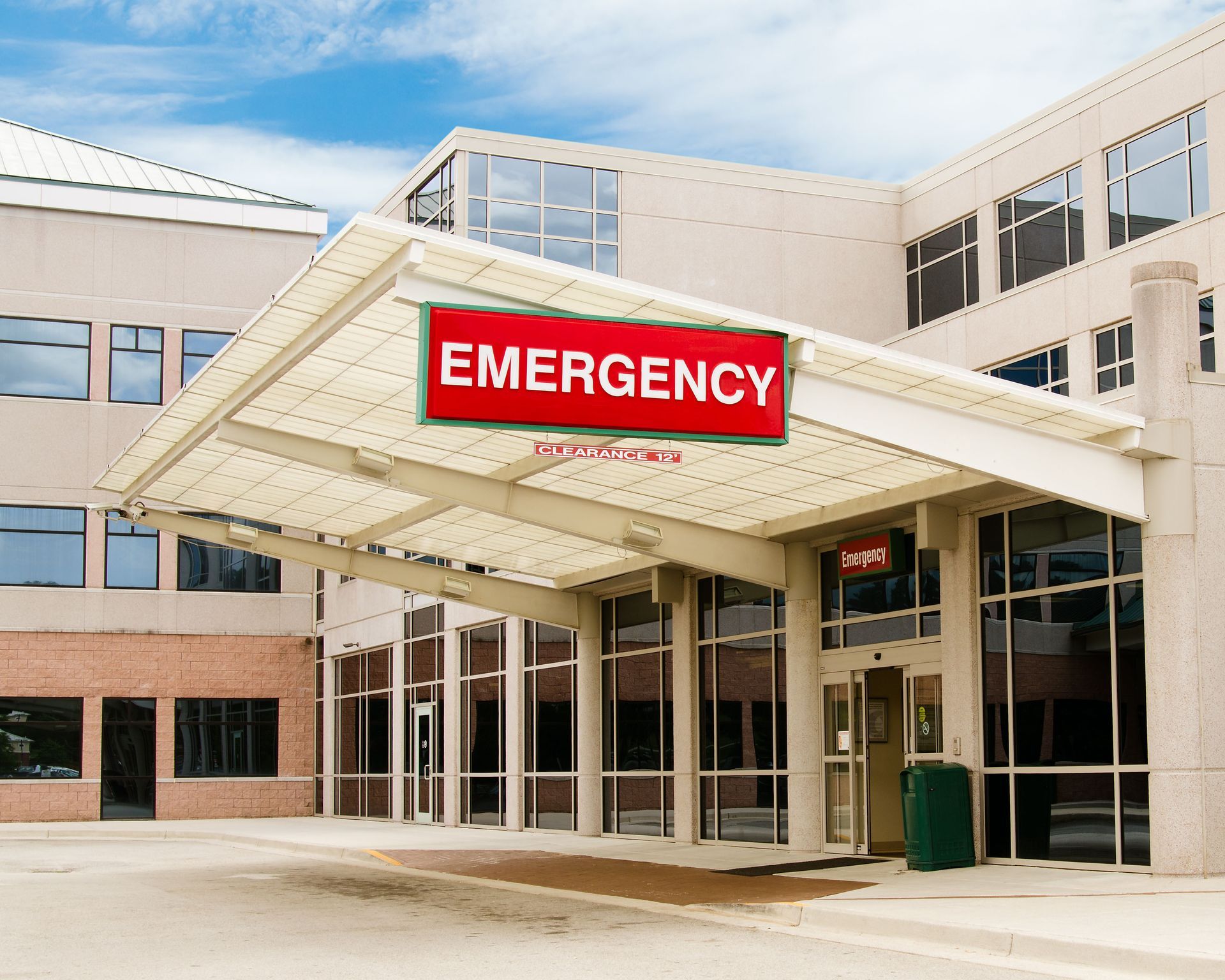
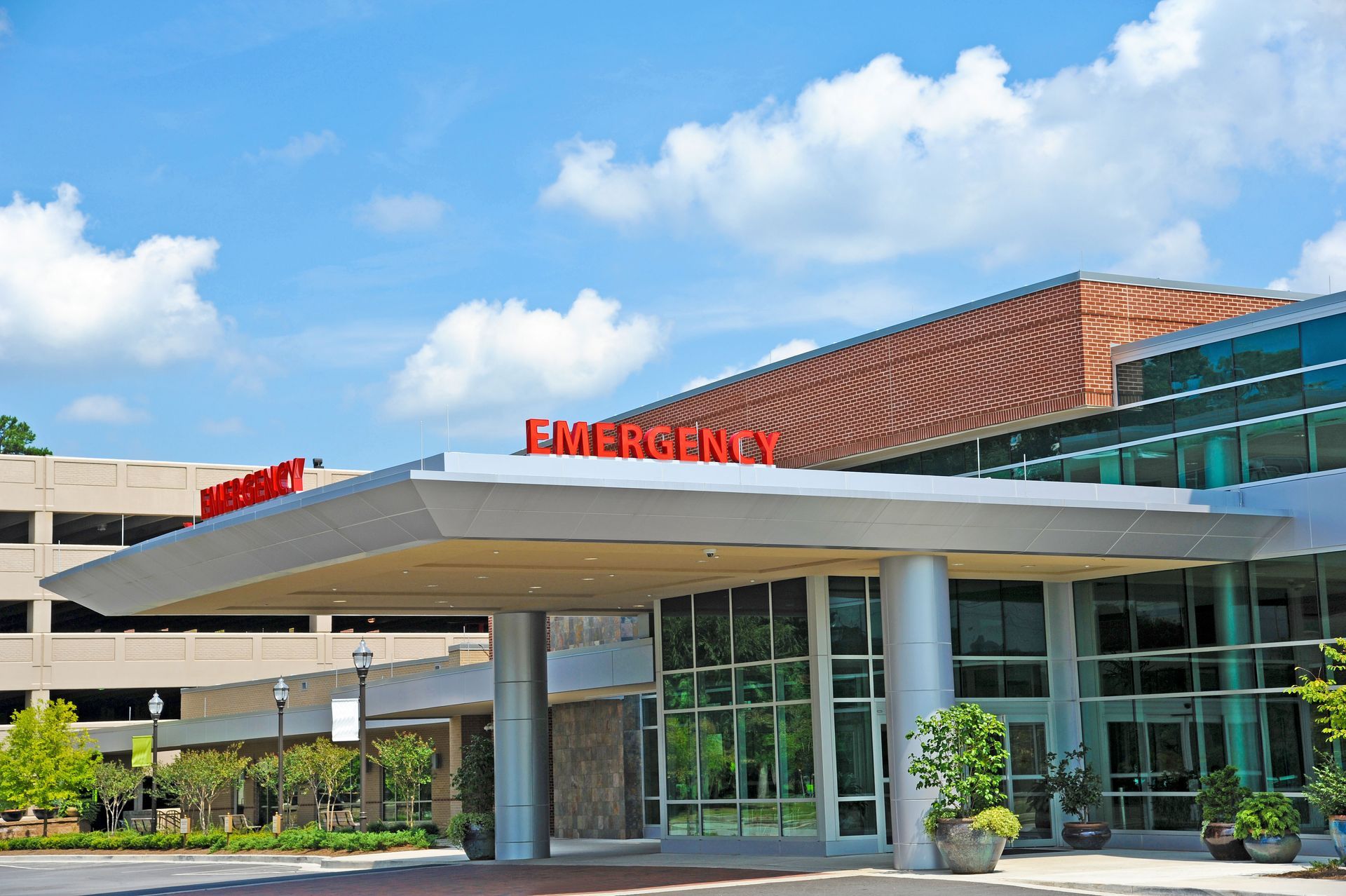



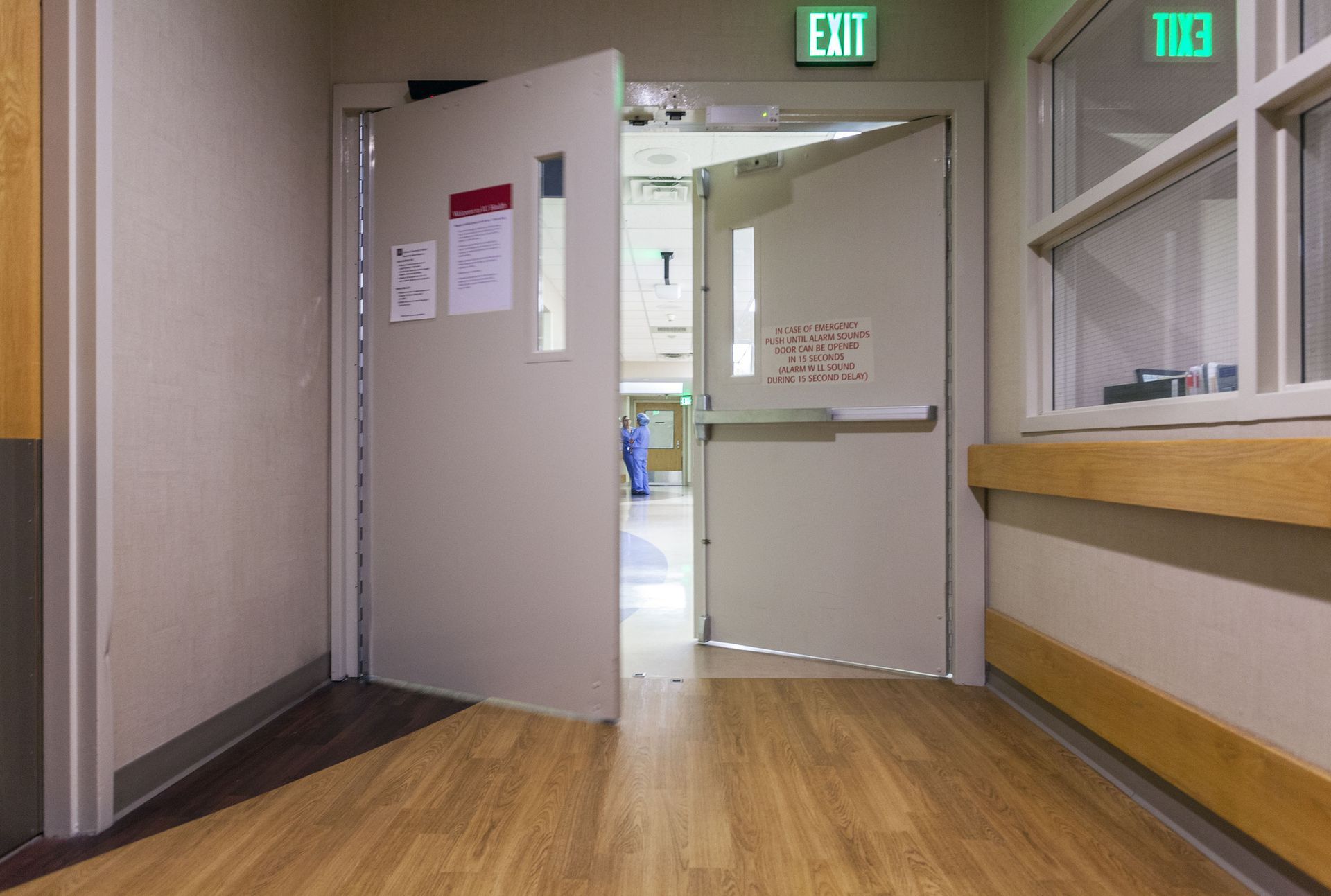

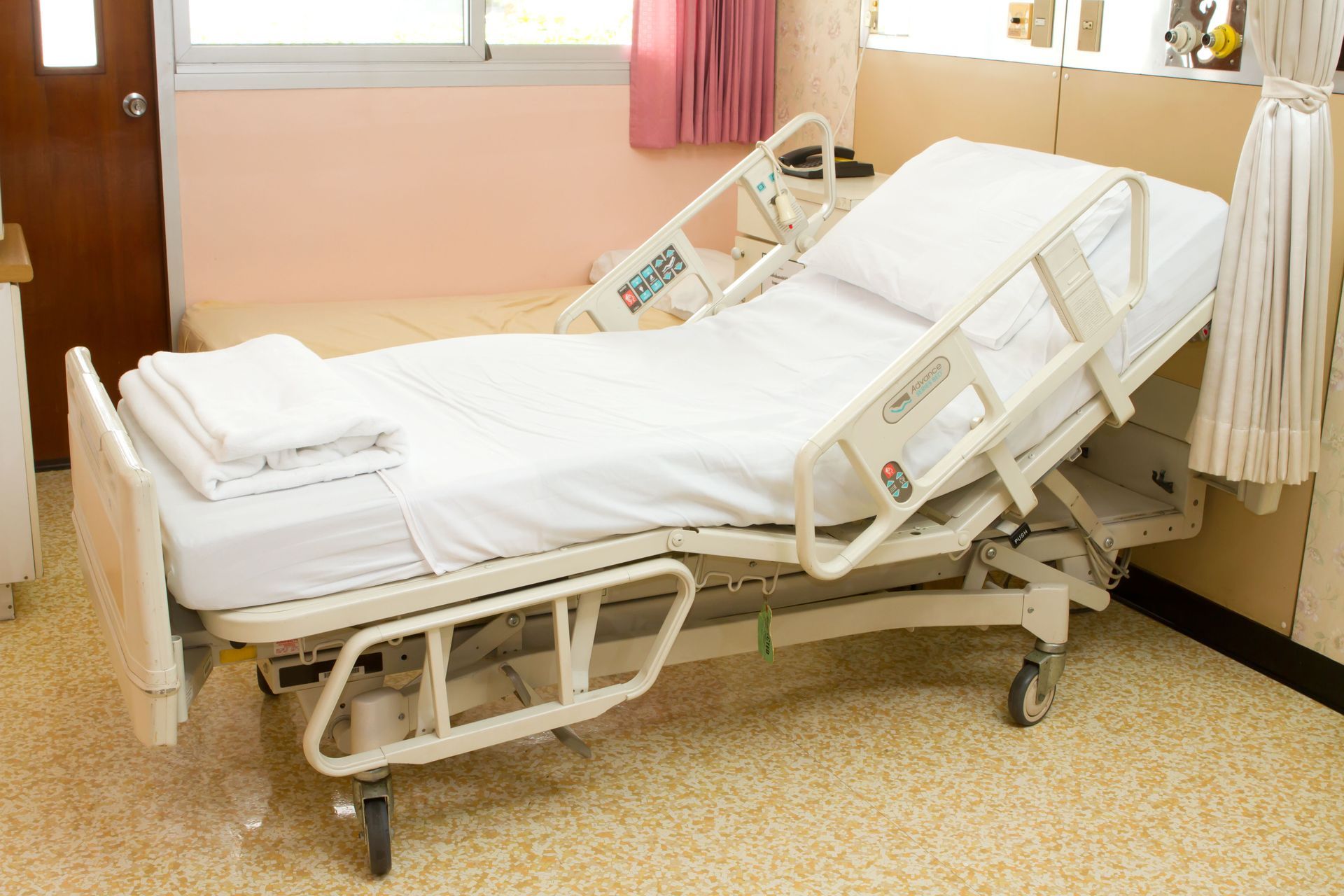
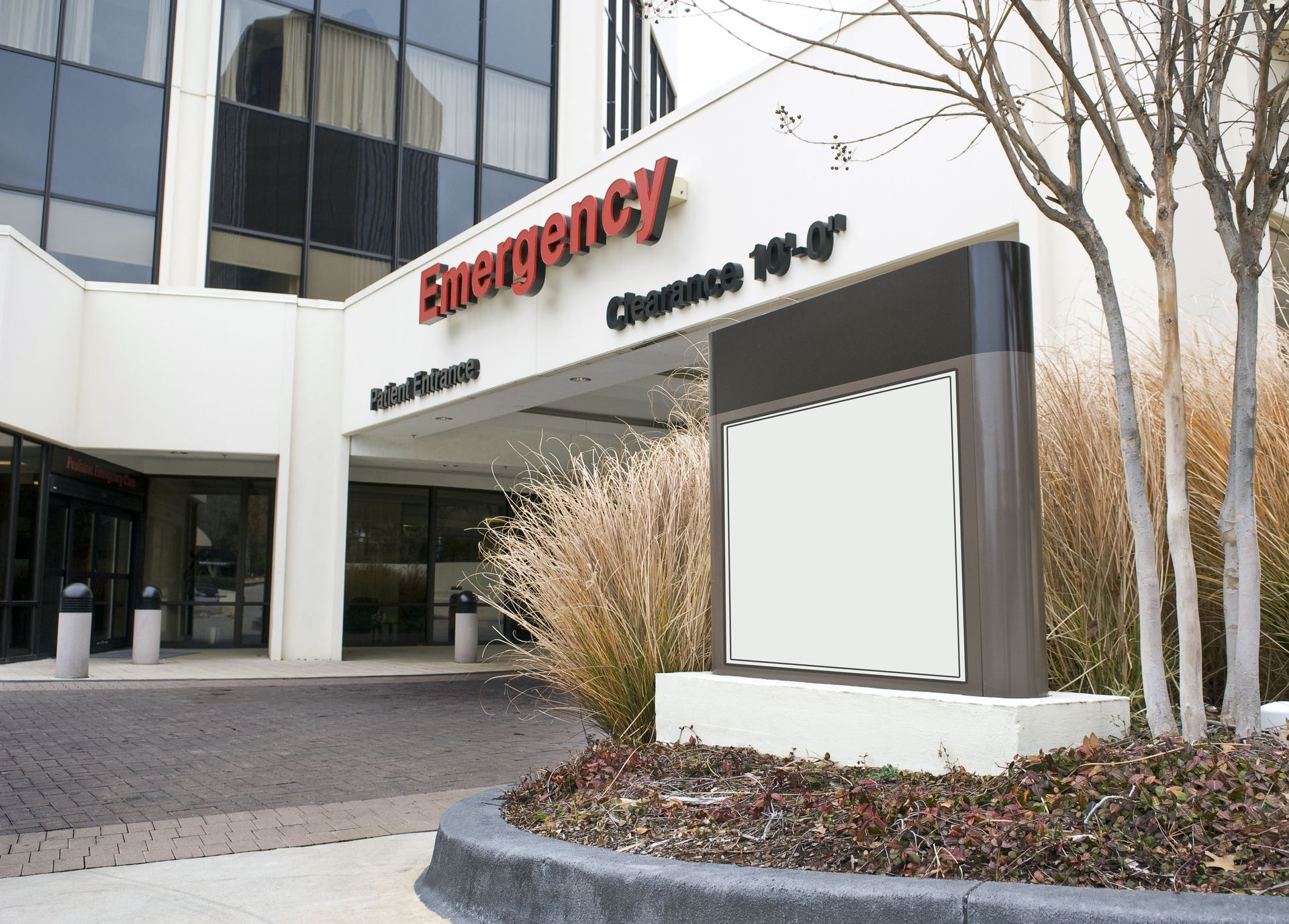
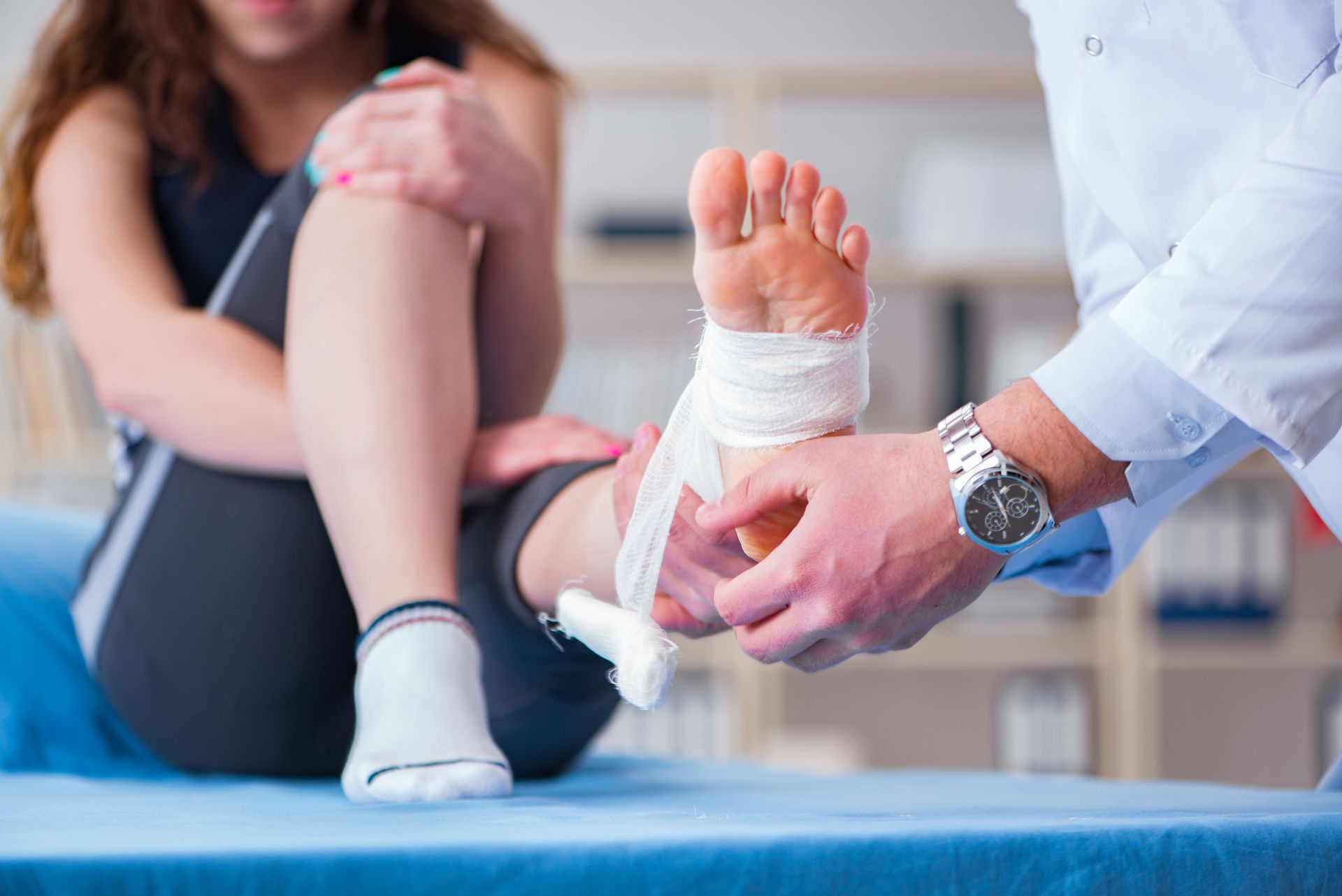

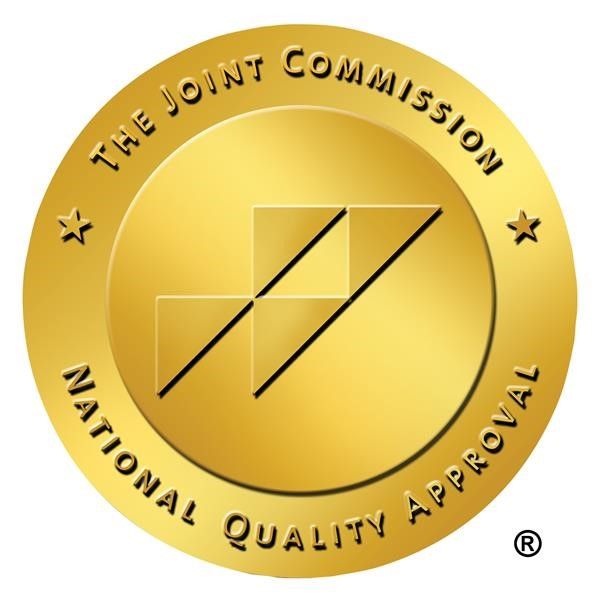
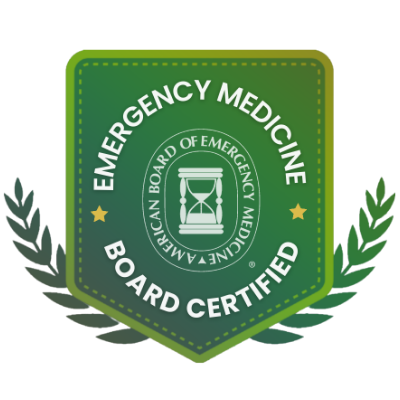






Share On: